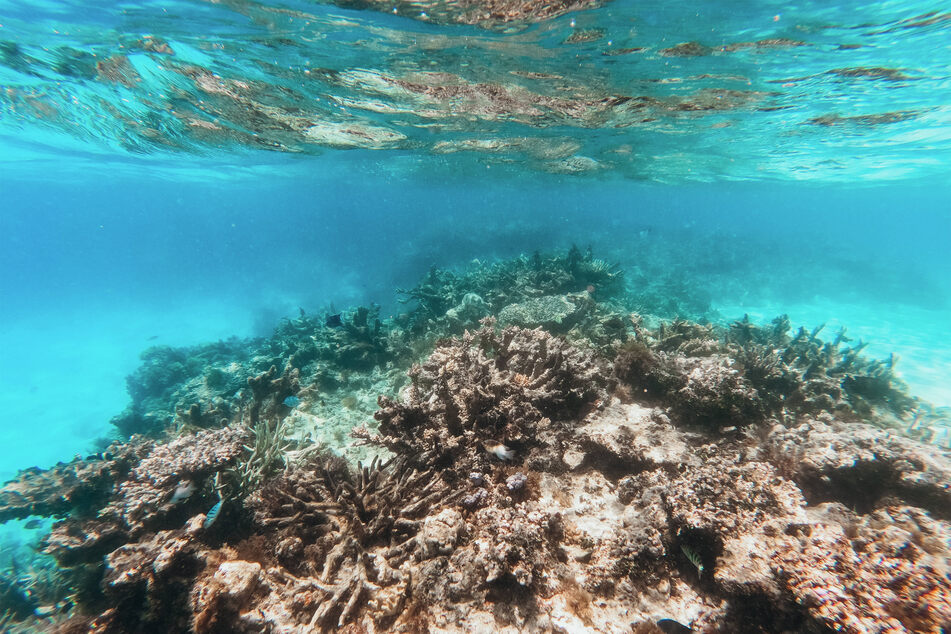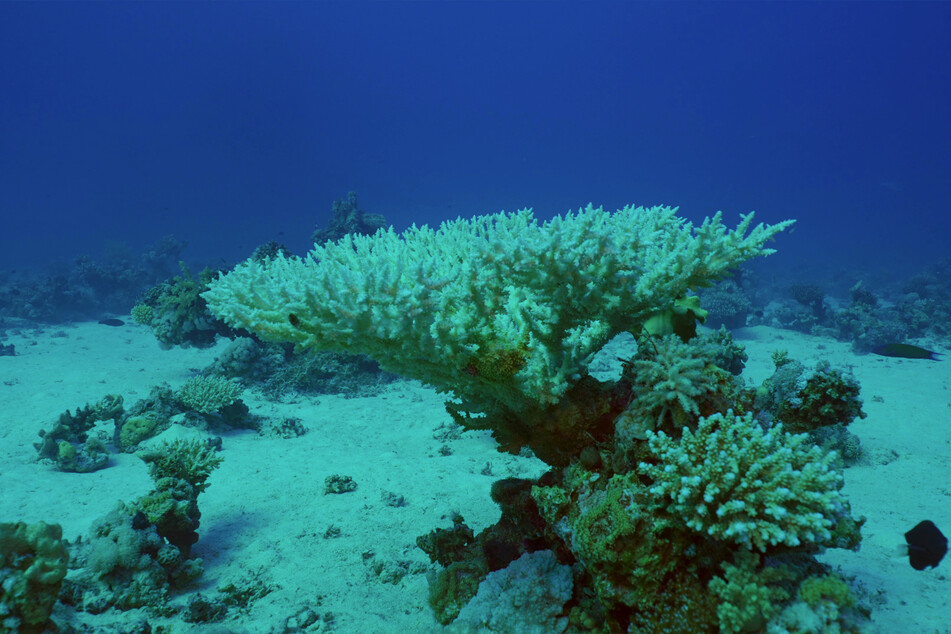Mass bleaching event threatens total collapse of world's coral reef ecosystems
Washington DC - Coral reef ecosystems are at risk of, within weeks, experiencing the biggest ever-recorded mass bleaching event in Earth's history. It could spell the end for these ancient natural wonders.

The National Oceanic and Atmospheric Administration (NOAA) on Monday announced that, for the second time in less than a decade, major coral reefs across the globe are experiencing a mass bleaching event due to extraordinarily high ocean temperatures.
Coral reefs like those found in Florida, throughout the Caribbean, and famously off the north-east coast of Australia are extremely sensitive to temperature changes, with deviations of less than a degree having drastic consequences.
Derek Manzello, who is the NOAA's Coral Reef Watch (CRW) coordinator, explained that "as the world's oceans continue to warm, coral bleaching is becoming more frequent and severe."
NOAA announces fourth global coral bleaching event

Mass bleaching has, over the first few months of 2024, been recorded not only in Florida and on the Great Barrier Reef, but in Brazil, the eastern Tropical Pacific, the Persian Gulf, Gulf of Aden, Red Sea, and extensively in the South Pacific.
"From February 2023 to April 2024, significant coral bleaching has been documented in both the Northern and Southern Hemispheres of each major ocean basin," said Manzello.
The risk of mass bleaching events is intensified by other local threats, such as agricultural runoff leading to a shocking increase in the coral-eating and highly toxic crown of thorns starfish on the Great Barrier Reef.
Considering that the average growth rate of a massive coral is about 0.1 to 0.8 inches per year, the destruction being experienced right now, and over the coming weeks, is unlikely to fully recover in our lifetimes.
This is made all the worse by the fact that many island nation economies, as well as livelihoods, rely upon coral reefs. Continued damage will also see changes in food supplies and, combined with economic impacts, widespread food insecurity could quickly develop in vulnerable communities.
"When these events are sufficiently severe or prolonged," Manzello explained, "They can cause coral mortality, which hurts the people who depend on the coral reefs for their livelihoods."
Jennifer Koss, who leads the NOAA's Coral Reef Conservation Program, expressed little surprise that such a bleaching event was underway: "Climate model predictions for coral reefs have been suggesting for years that bleaching impacts would increase in frequency and magnitude as the ocean warms."
Cover photo: IMAGO/Cavan Images